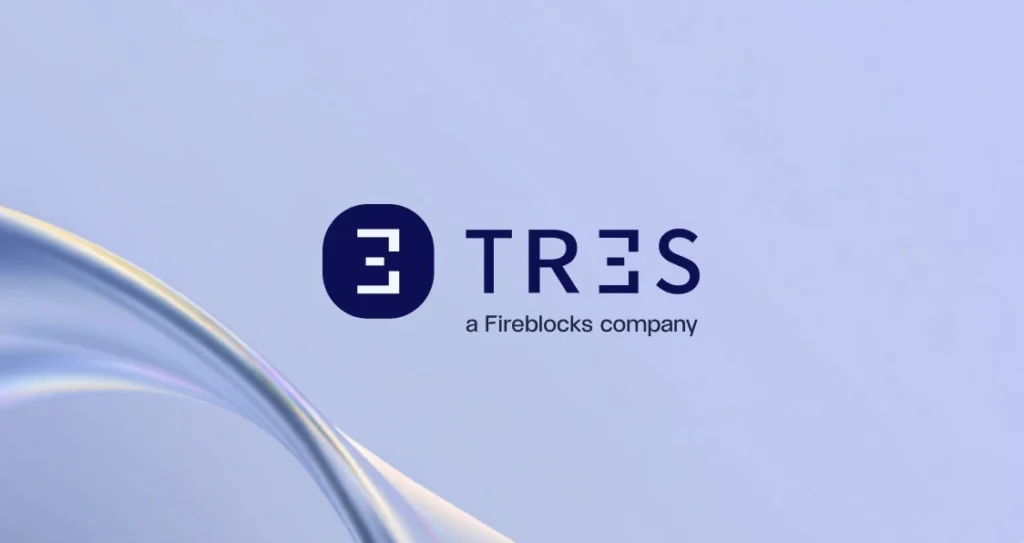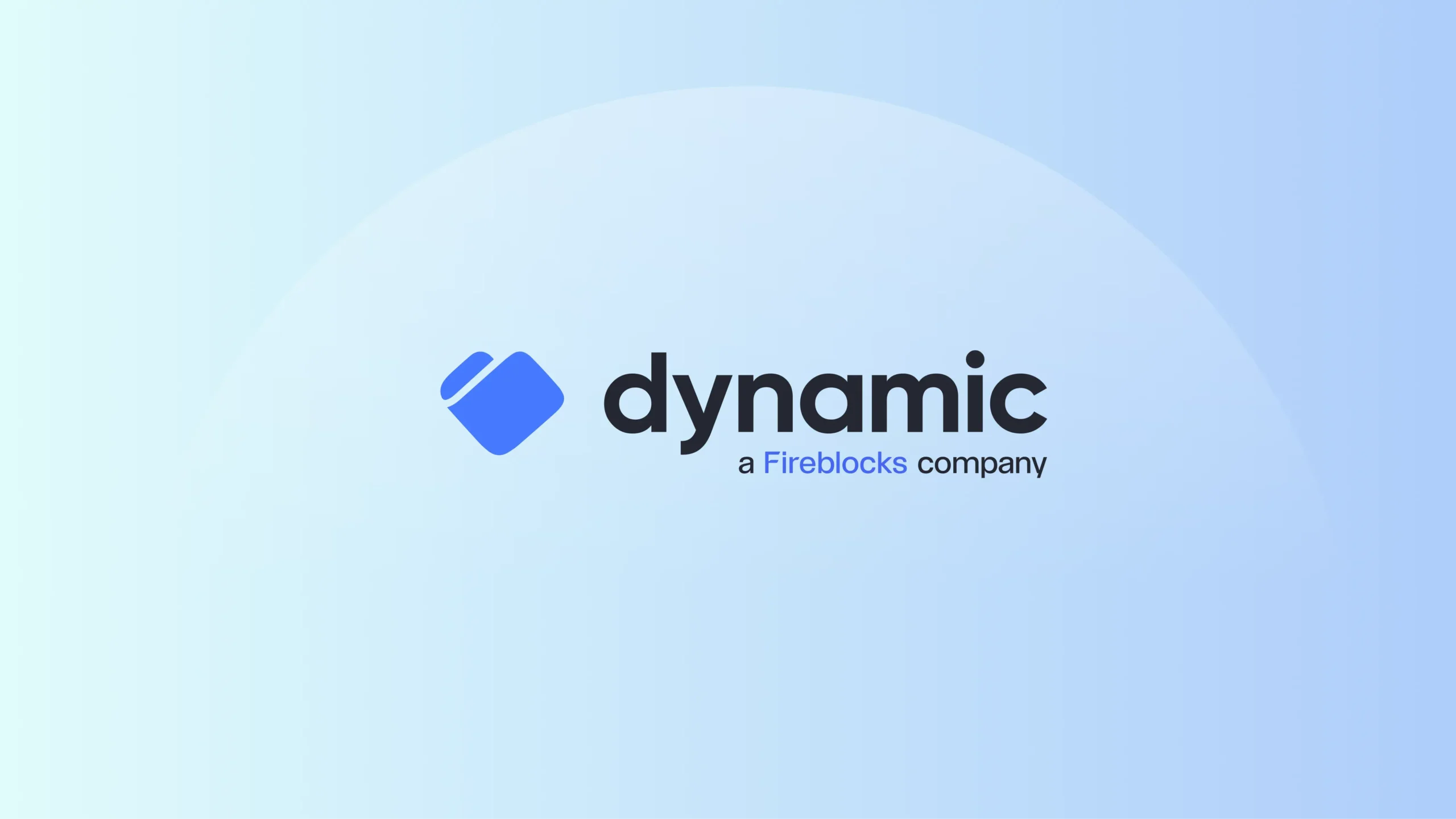The popularity of decentralized finance (DeFi) has exploded in the past two years, with over $110 billion in USD total locked value today, up from $15 billion just a year ago.
However, DeFi is currently inaccessible for most institutional investors outside of the core space. As former Morgan Stanley banker and current Jump Capital executive Peter Johnson said, “If you want to participate in DeFi and yield farming, you need to know what you’re doing. It’s mostly technical folks who have been in this for a while.”
For organizations looking to utilize DeFi strategies, like decentralized exchange trading, decentralized lending/borrowing, staking, and yield farming, Fireblocks now offers secure, enterprise-grade, and easy access to all decentralized exchanges and apps.
We’re making it possible for institutions to launch DeFi strategies while ensuring that they can still meet security, operational, and regulatory requirements.
Why Fireblocks matters for institutional DeFi
To access DeFi protocols today, most institutions use browser-based apps, hardware wallets, or custom integrations. But these technologies alone are unable to offer the enterprise-level security, efficiency, and scalability that Fireblocks delivers.
Exposed private keys
Some institutions use browser-based/mobile app integrations to access DeFi protocols. Although these apps can be sufficient for consumers, they present a variety of security pitfalls for trading firms, hedge funds, and OTCs.
The biggest issue with browser-based DeFi app integrations is that you’re leaving your private keys in and signing transactions from the browser. When a hacker steals browser-held information (e.g., with a simple malware-based attack), pocketing your funds is an easy next step.
Operational challenges
Some organizations add an additional layer of security to their DeFi operations by holding their private keys on a hardware wallet (such as Trezor and Ledger Nano devices).
The issue with utilizing a hardware wallet to add security to DeFi is that it presents operational and governance problems for institutions. High-value transactions should require a multi-approval workflow and policy checks. Unfortunately, it’s very difficult to enforce institutional policies and procedures when using a single physical device – especially in the era of remote work.
Developer-reliant
Alternatively, you can develop your own DeFi infrastructure, building custom integrations for every DeFi protocol the trading team wants to access.
However, there are a wide – and growing – variety of DeFi protocols, each requiring your team to build and maintain a secure integration. Depending on your engineering resources, this can become time-consuming and expensive.
No audit trail
Utilizing retail wallets makes it almost impossible to create a centralized audit trail. For accounting and compliance purposes at an enterprise level, auditability and transparency are paramount.
Retail-grade standards
Unfortunately, accessing DeFi through consumer-grade apps also means your assets aren’t insured – and if we’ve learned anything thus far (many exchanges have been hacked and been unable to return their users’ funds), it’s that institutions need insurance when it comes to this asset class.
Expanding Fireblocks DeFi access
In early 2020, we launched our Compound integration – the first institutional wallet connected to DeFi at the time. Today, Fireblocks enables access to a wide range of Ethereum-based apps and integrates with Layer 1 and Layer 2 EVM-compatible protocols for even faster and lower-cost transactions using DeFi apps.
The Fireblocks DeFi API, WalletConnect integration, and browser extension deliver a complete institutional-grade solution that encompasses operational security, efficiency, and compliance. Key features include:
- Secured private keys (utilizing next-gen MPC and hardware isolation)
- Automation for algorithmic trading (DeFi API)
- Internal policies and workflows, such as approval limits and requesting multiple authorizations when sending assets to a specific protocol
- Governance to prevent financial hacking and limit access to less established protocols
- Auditability for compliance (Centralized transaction logs, as well as Cryptio integration)
- Insurance that provides up to $42 million in coverage against cyberattacks, internal fraud, software bugs, and more
- A powerful contextualization mechanism that allows on-the-fly decoding of popular DeFi transactions (and custom ones added by users), as well as:
- Presentation of the context on mobile and console, which is useful as part of the approval process.
- Option for users to build their own guardian to limit DeFi access
- Permissioned and KYC’ed DeFi access
We’re incredibly excited to see Fireblocks offer its institutional clients access to Uniswap’s deep and long-tail liquidity pools. Continued support and adoption from professional investment firms and infrastructure providers is vital for the healthy long-term growth and maturation of decentralized finance.
How do I use Fireblocks DeFi?
Fireblocks offers three mechanisms to access DeFi apps.
1) Fireblocks DeFi API
The API framework allows programmatic access to DeFi, which is most suitable to an automated and algorithmic interaction with protocols, such as DEX market making, lending and borrowing, liquidation bots, minting and burning, and other use-cases that require real-time interaction.
The Fireblocks DeFi API consists of:
- A set of endpoints that allow customers to invoke smart-contract functions
- An SDK that connects with Ethers.js, Web3, and other popular DeFi libraries, with code examples to the most popular protocols
- Policy rules that allow multi-user approvals for smart-contract transactions and protocol-level sanctioning
2) Fireblocks DeFi Browser Extension
In addition, Fireblocks provides a MetaMask-compatible browser extension that allows customers to interact with DeFi protocols through their web app. The browser extension identifies the user and feeds the requested DeFi transaction into the selected Fireblocks Vault to enforce the security of pre-configured policies and MPC signing.

2) Fireblocks WalletConnect Integration
Using our WalletConnect integration, Fireblocks users can access web3 apps by scanning a QR code on the Fireblocks mobile app.
Which DeFi apps can I access via Fireblocks DeFi?
Using Fireblocks DeFi, you can now securely access decentralized exchanges (DEX) like Uniswap and Curve, decentralized lending/borrowing, yield farming, staking, and many other popular DeFi apps, such as:
- Compound
- Aave
- Maker
- Synthetix
- dYdX
- Dharma
- Oasis
- Consensys Codefi
- Rocket Pool
- Staked
- Airswap
- Kyber swap
- Fulcrum
Interested in learning more about how Fireblocks secures digital assets for institutional investors? Download our security whitepaper for everything you need to know about the state of digital asset security.


